Charles Nicholl at the LRB:
 Complexities of interpretation are food and drink to Petrarchan scholars, and Christopher Celenza tucks into them with quiet determination in his short life-and-works overview, Petrarch: Everywhere a Wanderer. The subtitle is taken from one of Petrarch’s verse letters, where he describes himself as ‘peregrinus ubique’ (more precisely translated as ‘everywhere a pilgrim’). He was indeed a restless traveller. We find him in Avignon, Montpellier, Lombez, Paris, Ghent, Liège, Basel and Prague, as well as all over Italy. A learned marginalium suddenly becomes a snapshot when he apologises for his handwriting – he’s writing while on a boat. But the peregrination he describes is more a metaphysical restlessness, as he moves among different interests, disciplines, languages and political allegiances; between different versions of himself – a man of no fixed abode, ‘without earth or sky to call his own’. This also has a bearing on exile. His father was of the conservative or ‘white’ wing of the Guelph party, whose members opposed papal influence, and (like Dante, whom he knew) had been banished from Florence in 1302; Petrarch was born two years later in Arezzo and spent his boyhood and youth in Provence. ‘A sense of exile,’ Celenza says, ‘permeated Petrarch’s psychology’ and ‘inflected his writing’. It also, paradoxically, fostered in him an early sense of ‘Italianness’, in place of the regional identity denied him by exile.
Complexities of interpretation are food and drink to Petrarchan scholars, and Christopher Celenza tucks into them with quiet determination in his short life-and-works overview, Petrarch: Everywhere a Wanderer. The subtitle is taken from one of Petrarch’s verse letters, where he describes himself as ‘peregrinus ubique’ (more precisely translated as ‘everywhere a pilgrim’). He was indeed a restless traveller. We find him in Avignon, Montpellier, Lombez, Paris, Ghent, Liège, Basel and Prague, as well as all over Italy. A learned marginalium suddenly becomes a snapshot when he apologises for his handwriting – he’s writing while on a boat. But the peregrination he describes is more a metaphysical restlessness, as he moves among different interests, disciplines, languages and political allegiances; between different versions of himself – a man of no fixed abode, ‘without earth or sky to call his own’. This also has a bearing on exile. His father was of the conservative or ‘white’ wing of the Guelph party, whose members opposed papal influence, and (like Dante, whom he knew) had been banished from Florence in 1302; Petrarch was born two years later in Arezzo and spent his boyhood and youth in Provence. ‘A sense of exile,’ Celenza says, ‘permeated Petrarch’s psychology’ and ‘inflected his writing’. It also, paradoxically, fostered in him an early sense of ‘Italianness’, in place of the regional identity denied him by exile.
more here.

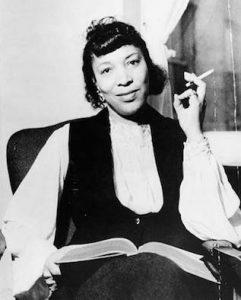 I promised God and some other responsible characters, including a bench of bishops, that I was not going to part my lips concerning the U.S. Supreme Court decision on ending segregation in the public schools of the South. But since a lot of time has passed and no one seems to touch on what to me appears to be the most important point in the hassle, I break my silence just this once. Consider me as just thinking out loud.
I promised God and some other responsible characters, including a bench of bishops, that I was not going to part my lips concerning the U.S. Supreme Court decision on ending segregation in the public schools of the South. But since a lot of time has passed and no one seems to touch on what to me appears to be the most important point in the hassle, I break my silence just this once. Consider me as just thinking out loud.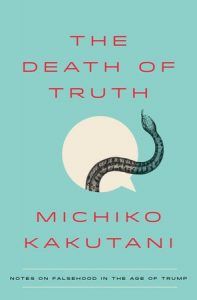 A contemporary truism, ironically enough, is that we now live in a “post-truth” era, as attested by a number of recent books with
A contemporary truism, ironically enough, is that we now live in a “post-truth” era, as attested by a number of recent books with  In October of 1859, Abraham Lincoln received an invitation to come to New York to deliver a lecture at the Abolitionist minster Henry Ward Beecher’s Plymouth Congregational Church in Brooklyn.
In October of 1859, Abraham Lincoln received an invitation to come to New York to deliver a lecture at the Abolitionist minster Henry Ward Beecher’s Plymouth Congregational Church in Brooklyn. 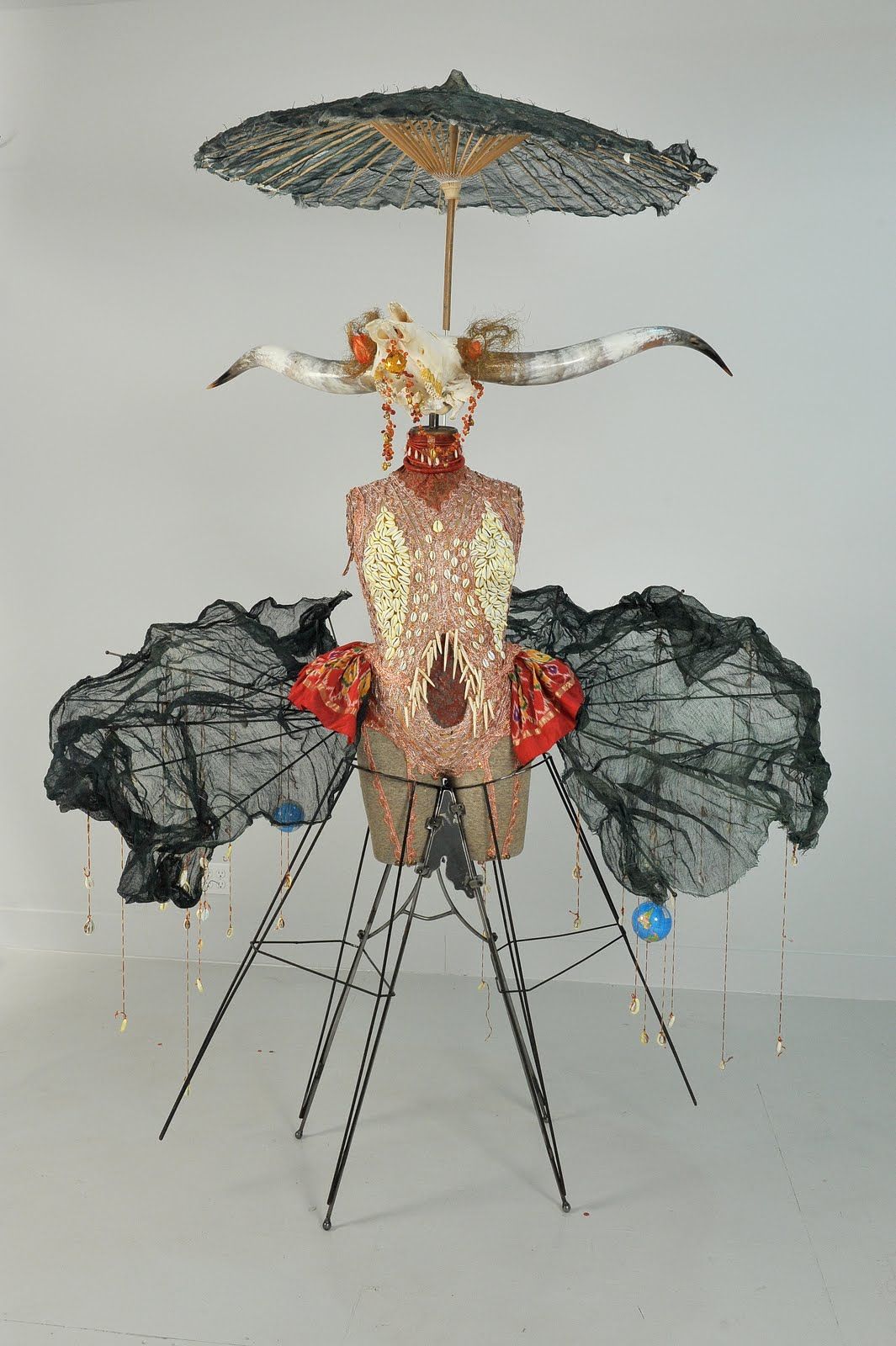
 47-year old Teburoro Tito stood at the head of his delegation on an island way out in the Pacific Ocean. At the stroke of midnight on January 1
47-year old Teburoro Tito stood at the head of his delegation on an island way out in the Pacific Ocean. At the stroke of midnight on January 1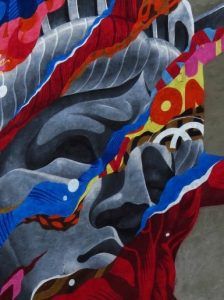




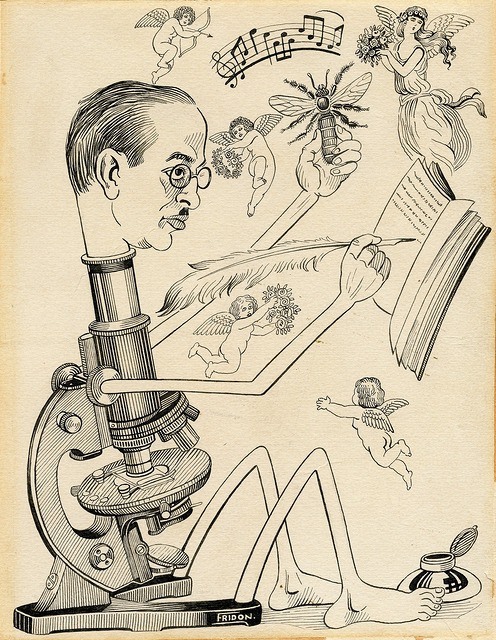


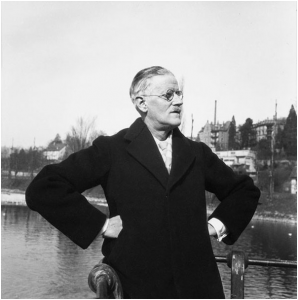
 Okay. I’m done. I’m through. I’m hanging up my ruby red slippers, my fuck-me shoes. I’m not going down that yellow brick road no more, no more. I’m giving up internet dating. I may have run a successful antique business in Portobello Road for many years which kept my three children in fish fingers, the three little children I was left with in the middle of Somerset – where I kept chickens, made bread and grew my own veg – when I was 31 and they were all under 6. I may have dragged myself off as a mature student up to the University of East Anglia, after I’d moved us like Ms Whittington to London, to do an MA in Creative Writing with the crème de la crème, whilst juggling child care as the other students hung out talking postmodernism in the bar. I may have written for Time Out, The Independent and The New Statesman as an art critic, published three collections of poetry, one of short stories and three novels but none of this is as anything compared to my failure with internet dating.
Okay. I’m done. I’m through. I’m hanging up my ruby red slippers, my fuck-me shoes. I’m not going down that yellow brick road no more, no more. I’m giving up internet dating. I may have run a successful antique business in Portobello Road for many years which kept my three children in fish fingers, the three little children I was left with in the middle of Somerset – where I kept chickens, made bread and grew my own veg – when I was 31 and they were all under 6. I may have dragged myself off as a mature student up to the University of East Anglia, after I’d moved us like Ms Whittington to London, to do an MA in Creative Writing with the crème de la crème, whilst juggling child care as the other students hung out talking postmodernism in the bar. I may have written for Time Out, The Independent and The New Statesman as an art critic, published three collections of poetry, one of short stories and three novels but none of this is as anything compared to my failure with internet dating.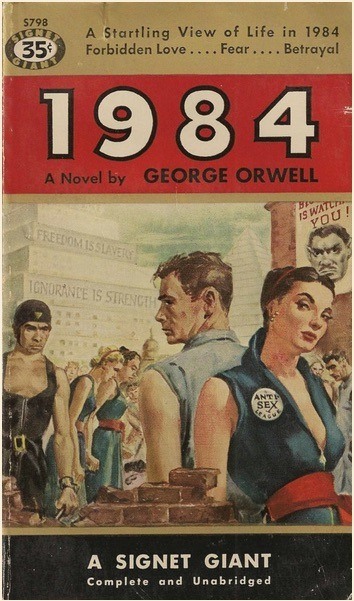
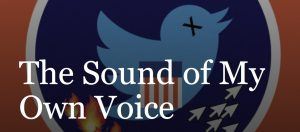 Of all the internet’s uses, attractions and conveniences, the foremost is that it involves us immediately with an indefinite number of others. Its decisive edge over television and the printed word is just this: its participatory, social character. To the extent that it is becoming our chief means of private and public discourse, it is therefore acquiring exceptional political significance. To someone who understood nothing of the internet, much of contemporary American political life would be inscrutable. It is now our primary way of dealing with each other, our most important organ of collective speech and self-knowledge. The internet is, in this way, inherently recasting our wider notions of what to say, who to be, what to count as authoritative, and how to govern and be governed. What follows are some lines of thought sketching each of these transformations in turn.
Of all the internet’s uses, attractions and conveniences, the foremost is that it involves us immediately with an indefinite number of others. Its decisive edge over television and the printed word is just this: its participatory, social character. To the extent that it is becoming our chief means of private and public discourse, it is therefore acquiring exceptional political significance. To someone who understood nothing of the internet, much of contemporary American political life would be inscrutable. It is now our primary way of dealing with each other, our most important organ of collective speech and self-knowledge. The internet is, in this way, inherently recasting our wider notions of what to say, who to be, what to count as authoritative, and how to govern and be governed. What follows are some lines of thought sketching each of these transformations in turn. Robots that are self-aware have been science fiction fodder for decades, and now we may finally be getting closer. Humans are unique in being able to imagine themselves—to picture themselves in future scenarios, such as walking along the beach on a warm sunny day. Humans can also learn by revisiting past experiences and reflecting on what went right or wrong. While humans and animals acquire and adapt their self-image over their lifetime, most robots still learn using human-provided simulators and models, or by laborious, time-consuming trial and error. Robots have not learned simulate themselves the way humans do.
Robots that are self-aware have been science fiction fodder for decades, and now we may finally be getting closer. Humans are unique in being able to imagine themselves—to picture themselves in future scenarios, such as walking along the beach on a warm sunny day. Humans can also learn by revisiting past experiences and reflecting on what went right or wrong. While humans and animals acquire and adapt their self-image over their lifetime, most robots still learn using human-provided simulators and models, or by laborious, time-consuming trial and error. Robots have not learned simulate themselves the way humans do. Richard Feloni: What does Davos stand for in your view? Do you have any particular thoughts on this year’s, specifically?
Richard Feloni: What does Davos stand for in your view? Do you have any particular thoughts on this year’s, specifically?